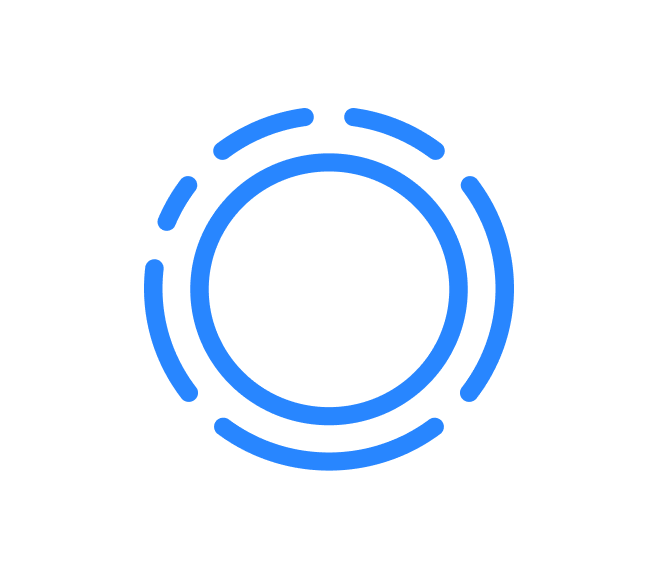
The Impact of Artificial Intelligence in the Healthcare Industry

Artificial Intelligence (AI) is revolutionizing the healthcare industry, offering innovative solutions that enhance patient care, streamline operations, and reduce costs. From diagnostics to treatment planning, AI technologies are transforming how healthcare professionals operate, improving the quality of care delivered to patients. This article explores the various ways AI is impacting the healthcare sector, highlighting its benefits, challenges, and future potential.
1. Enhanced Diagnostics
One of the most significant impacts of AI in healthcare is its ability to enhance diagnostics. Machine learning algorithms can analyze vast amounts of medical data to identify patterns and anomalies that may be missed by human clinicians. For instance:
- Medical Imaging: AI systems can analyze X-rays, MRIs, and CT scans with high accuracy. Studies have shown that AI can outperform human radiologists in detecting conditions such as pneumonia, breast cancer, and fractures.
- Predictive Analytics: AI tools can predict disease outbreaks and patient deterioration by analyzing historical data and real-time patient information. This enables proactive intervention and timely treatment.
2. Personalized Medicine
AI is driving the shift towards personalized medicine, where treatments are tailored to the individual characteristics of each patient. By analyzing genetic data, lifestyle factors, and environmental influences, AI can help healthcare providers develop customized treatment plans. Key advancements include:
- Genomic Analysis: AI algorithms can process genomic sequences to identify mutations linked to specific diseases, guiding targeted therapies and precision medicine approaches.
- Treatment Optimization: Machine learning models can analyze treatment outcomes and patient responses to recommend the most effective therapies for individual patients, enhancing the chances of successful treatment.
3. Operational Efficiency
AI is not only improving patient care but also optimizing healthcare operations. By automating routine tasks and analyzing operational data, AI can enhance efficiency and reduce costs. Examples include:
- Administrative Automation: AI-powered chatbots and virtual assistants can handle scheduling, patient inquiries, and billing processes, freeing up healthcare staff to focus on direct patient care.
- Resource Management: AI systems can predict patient flow and optimize staffing levels, ensuring that healthcare facilities are adequately staffed during peak times while minimizing resource wastage.
4. Drug Discovery and Development
The drug discovery process is notoriously time-consuming and expensive. AI is transforming this landscape by accelerating research and development. Notable contributions include:
- Compound Screening: AI algorithms can quickly analyze thousands of chemical compounds to identify potential drug candidates, significantly reducing the time required for initial screening.
- Clinical Trials: AI can optimize the design of clinical trials by identifying suitable patient populations and predicting outcomes, thereby increasing the likelihood of trial success and speeding up the approval process for new drugs.
5. Improved Patient Engagement
AI is enhancing patient engagement by providing personalized tools and resources that empower individuals to take charge of their health. Innovations include:
- Telemedicine: AI-driven telehealth platforms facilitate remote consultations, making healthcare more accessible to patients. AI can also triage patients based on their symptoms, directing them to the appropriate level of care.
- Health Monitoring Apps: Wearable devices and mobile health applications equipped with AI can monitor vital signs and provide real-time feedback to patients, encouraging proactive health management and adherence to treatment plans.
6. Challenges and Ethical Considerations
Despite its many benefits, the integration of AI in healthcare comes with challenges and ethical considerations:
- Data Privacy and Security: The use of AI often requires access to sensitive patient data. Ensuring data security and compliance with regulations like HIPAA is crucial to protect patient privacy.
- Bias and Fairness: AI algorithms can unintentionally perpetuate biases present in training data, leading to disparities in healthcare outcomes. Addressing these biases is essential to ensure equitable care for all patients.
- Trust and Acceptance: The successful implementation of AI in healthcare requires trust from both healthcare providers and patients. Ensuring transparency in AI decision-making processes and demonstrating the technology’s reliability is vital to gaining acceptance.
7. Future Potential
Looking ahead, the potential of AI in healthcare is immense. As technology continues to evolve, we can expect:
- Integration with Other Technologies: AI will likely become increasingly integrated with other emerging technologies, such as blockchain for secure data sharing and Internet of Things (IoT) devices for real-time monitoring.
- Enhanced Decision Support: AI will continue to evolve as a decision support tool for healthcare providers, assisting with complex medical decisions and improving patient outcomes.
- Global Health Applications: AI has the potential to address global health challenges by facilitating early disease detection, improving access to care in underserved areas, and supporting public health initiatives.
Conclusion
The impact of artificial intelligence on the healthcare industry is profound and far-reaching. From improving diagnostics and personalizing treatment to enhancing operational efficiency and patient engagement, AI is transforming the way healthcare is delivered. However, addressing the challenges associated with AI implementation will be crucial to maximizing its benefits and ensuring that all patients receive equitable, high-quality care. As AI technology continues to advance, it holds the promise of revolutionizing healthcare and improving health outcomes for individuals and populations worldwide.










